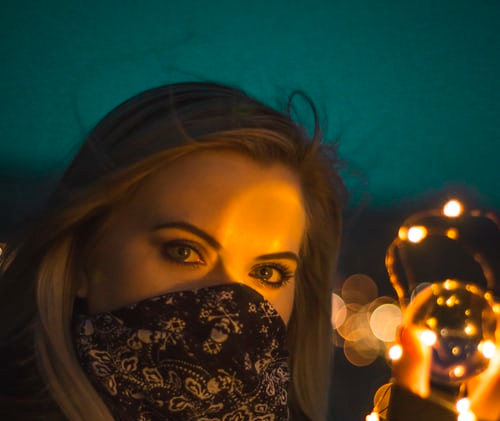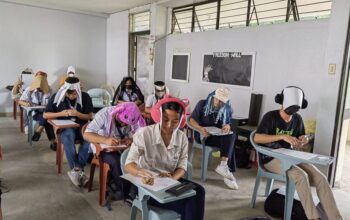Some people welcome face coverings for reasons ranging from the convenient and expedient to the more complex and psychological. But is this a helpful coping mechanism?
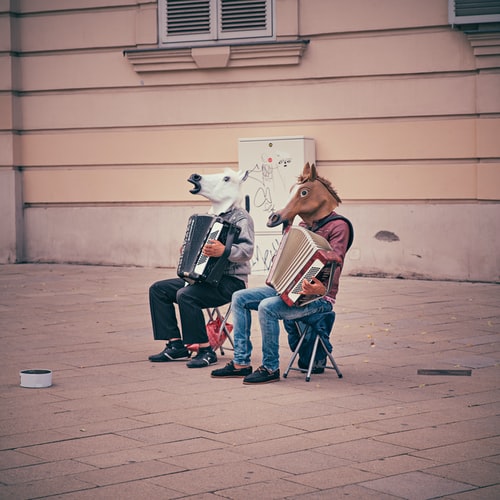
Written content from Alice Robb
Sheltering in place hasn’t been too hard for Jay Lee; watching a film at home and ordering a takeaway has always been his idea of a good night. Lee, a 32-year-old small business owner in Leicester, identifies as an introvert. And although 2020 had its hardships – in the spring, he was made redundant from his job at a large bank – one perk for him has been the widespread adoption of face masks.
Lee has always dreaded run-ins with old friends and acquaintances around town, finding these spontaneous interactions “extremely awkward”. He used to time his shopping trips to minimise the possibility of bumping into someone he knew, waiting until almost closing time before heading out. “Since I’ve been wearing the mask, my awkward interactions with friends and family have significantly reduced,” he says. Now, he goes to the shops whenever he wants, without worrying about whom he might see. He hopes that, even after the pandemic ends, it will still be socially acceptable to wear a mask.
Wearing a mask is, for most of us, an annoying but worthwhile sacrifice: it’s one of the most effective ways to slow the spread of Covid-19. Still, most of us look forward to the day when we can bare our faces in public again. Face-coverings fog our glasses and clog our pores; they make it harder to smile at strangers and recognise friends.
Yet some are secretly relishing the new mask-wearing mandates, for reasons ranging from the convenient and expedient to the more complex and psychological. Some welcome the way face coverings reduce or change interactions that might otherwise spark social anxiety. But is this a helpful coping mechanism – and what happens when the pandemic comes to an end?
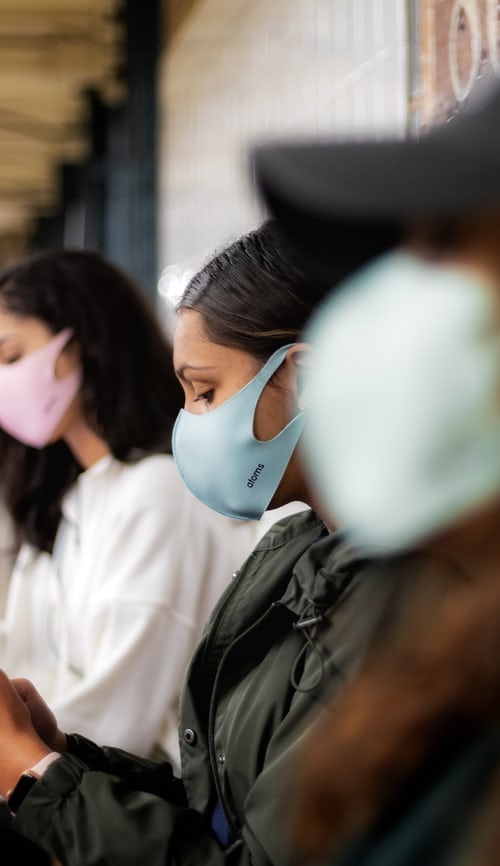
‘Anonymity carries power’
At the lighter end of the scale, some people have found that masking offers a welcome relief from the pressures to uphold strict standards of grooming and appearance. They have ditched their old makeup and shaving routines and are saving money, time and stress. Others have discovered that hiding their mouths affords them unexpected freedoms. Some restaurant servers and retail workers say they no longer feel obliged to fake-smile at customers, potentially lifting the burden of emotional labour.
Wearing a mask is “freeing up really valuable cognitive resources”, explains Kathryn Stamoulis, an educational psychologist and mental-health counsellor in New York. “During a pandemic, we’re under severe stress, and whether you’re worrying about your appearance or you’re worried about someone harassing you or whistling at you, the masks can provide a respite from those things that can occupy our mind when we’re out in public. You have more freedom to be meditating or thinking about whatever you want.”
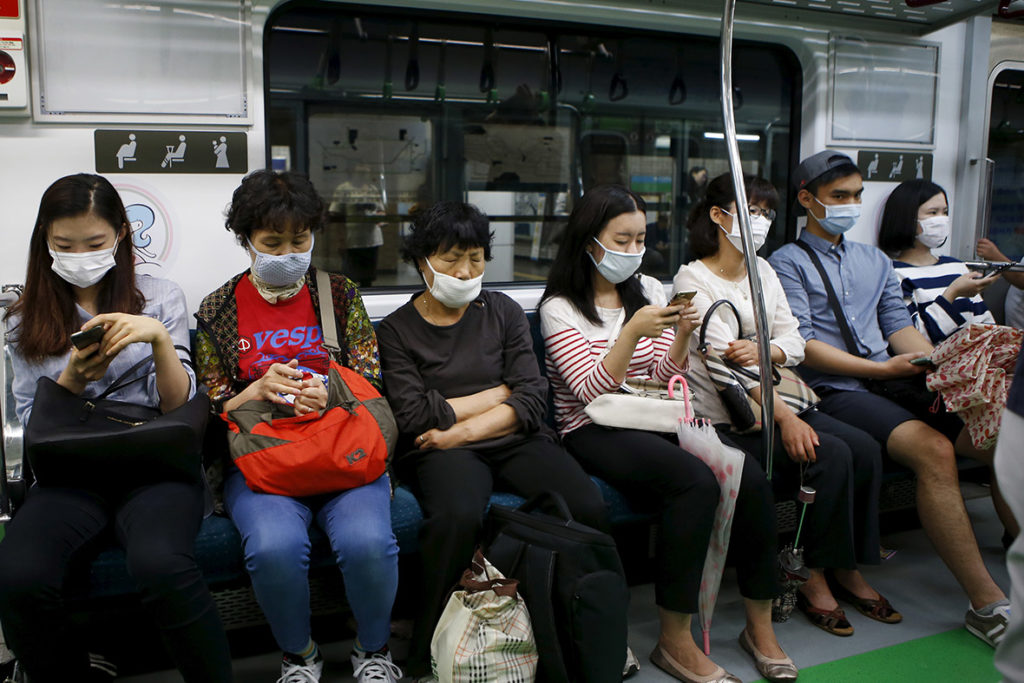
Then there are those for whom the masks serve as a psychological as well as physical safety barrier. Saurav Dutt, a 38-year-old author and business consultant from Warwick, appreciates having a “shield against glares, stares, looks, awkward judgements, head to foot inspections and the like”. Until Covid-19 hit, his daily commute included a long walk through London’s financial district, and he sometimes worried about what other pedestrians were thinking of him – wondering whether they were judging his clothes or his appearance.
Some restaurant servers and retail workers say they no longer feel obliged to fake-smile at customers, potentially lifting the burden of emotional labour
But now, he says, “I can let my guard down…. You’re minimising any risk of contact with other people. All they can see is your eyes.” Near-anonymous behind his mask, he feels protected – and he says he also feels more connected to strangers he encounters in the street. To Dutt, masks are a symbol of vulnerability, and a reminder of all we have in common. “We live in a society that is very judgmental on the outside and [on] aesthetics, and this makes it clear we are human beings, and we are vulnerable.”
Stamoulis explains that masks reduce the strain of the spontaneous meetings that those with social anxiety can dread. “There is often a stream of worry leading up to social interactions, and negative self-talk after, such as self-critique about one’s appearance, making inappropriate facial expressions, saying the ‘right’ thing, not being pleasant enough, etc.” But, she adds, public outings with masks can be less anxiety inducing because “one’s identity can be concealed, facial expressions cannot be easily analysed, physical aspects of anxiety are reduced (like blushing or stammering) and/or the pressure to engage in small talk is removed”.
“Anonymity carries power,” adds Ramani Durvasula, a clinical psychologist and psychology professor at California State University, Los Angeles. “It can feel like trying on a different ‘role’ and the associated expectations of that role, perhaps freeing us of what can feel exhausting and insincere about smiling (especially when we aren’t having a good day).” Masks may be small – after all, they leave our bodies, eyes and hair on show – but by covering our mouths they conceal part of our emotional expression. “The fear of someone who is socially anxious of showing an emotion that could be judged negatively may in part be mitigated by the mask – a smirk may be missed and a person who is socially anxious may then feel more safe.” Read more from BBC

